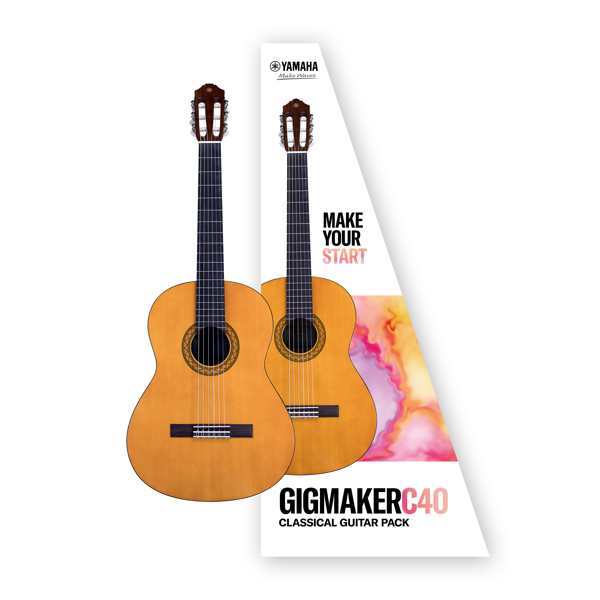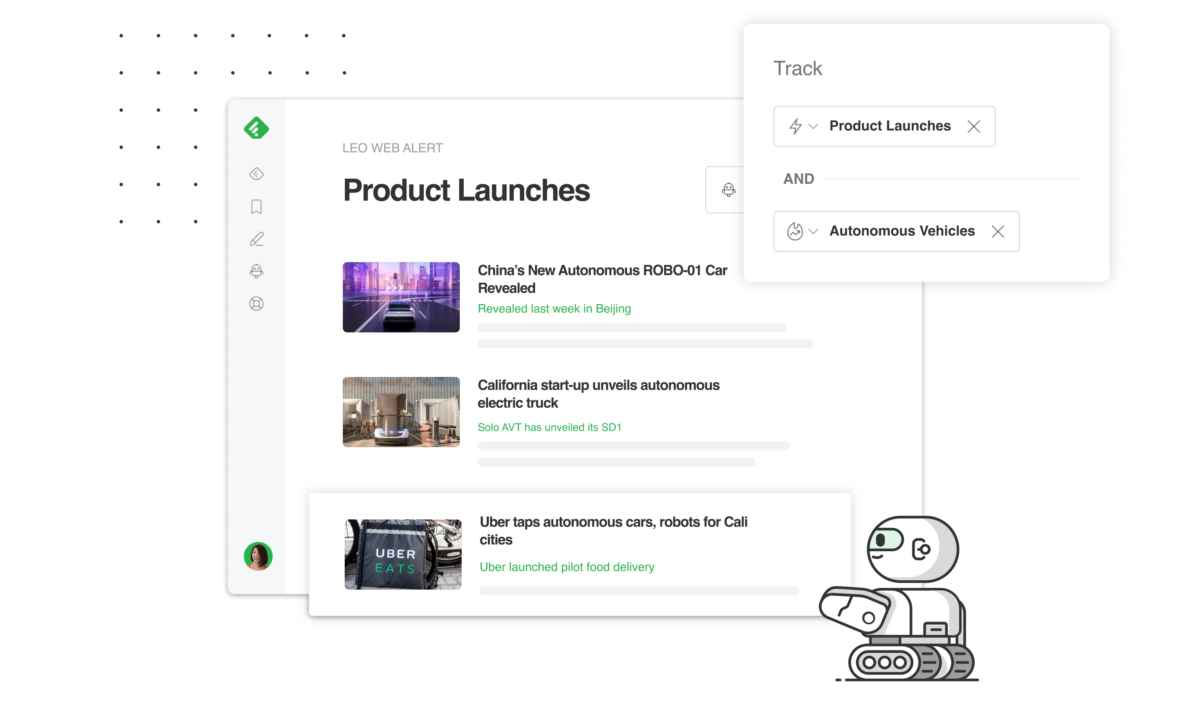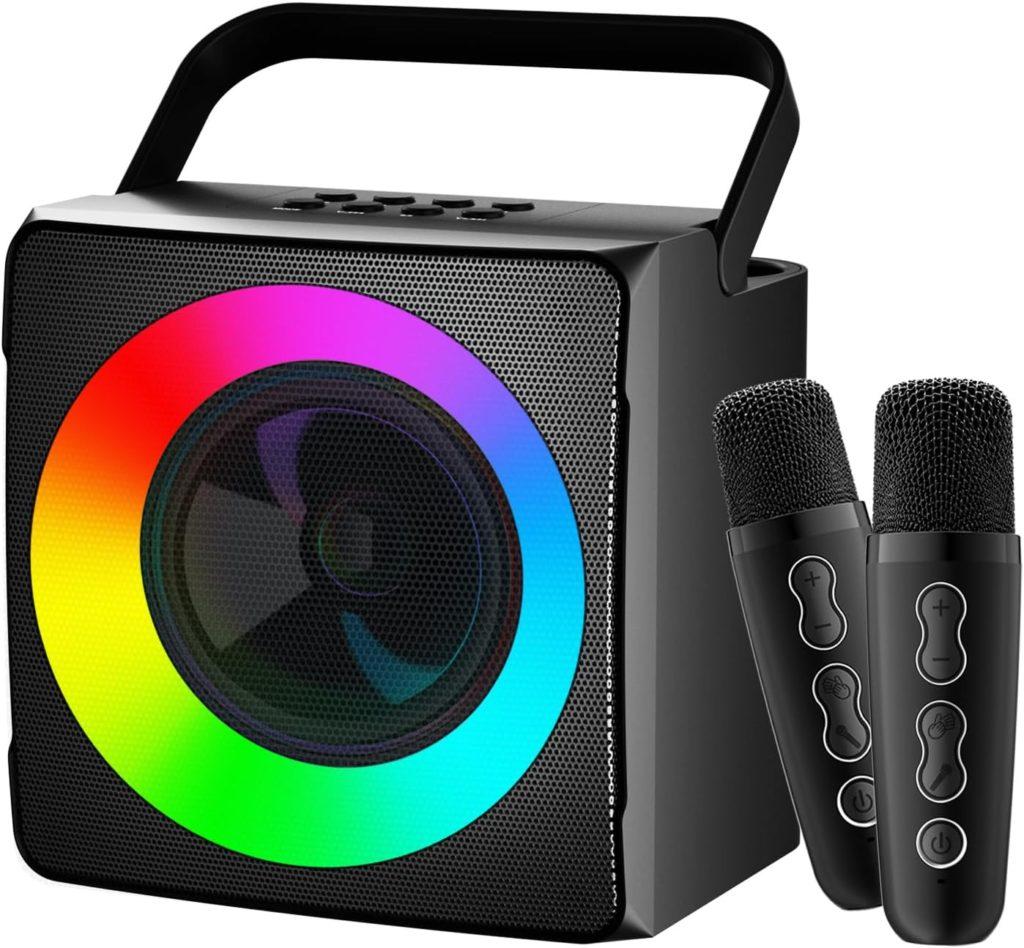
Among the many words children utter that can strike fear in the hearts of parents are, “I want to play the drums.” Traditional drum sets may earn their reputation of being notoriously loud, but learning to play has a fantastic array of health benefits that might surprise you.
Parents weigh the pros and cons of everything they allow their kids to do, and playing an instrument is no different. From stress relief to enhancing the immune system, here are 8 surprising benefits of learning to play the drums and how you can get started today.
Drumming has so many unexpected benefits that it is used as a form of therapy for all sorts of issues. It is a holistic therapeutic approach to ailments such as depression, addiction, muscle cramps, and high blood pressure. Research shows that one of the keys to therapeutic drumming is known as the drummer’s high, a rush of endorphins that provides emotional and physical benefits. Teaching your child to play the drums is one of the many ways to care for their mental health and physical well-being.
Health Benefits of Drumming
Drumming is a rigorous exercise, so it’s no surprise that there are some physical benefits to a hearty drum session. The sound and vibrations are equally as helpful. What many people don’t realize is that there are tons of mental, emotional, and social benefits to drumming.
Anxiety and Depression Relief
Drummers get a high similar to what runners experience. The brain releases happy chemicals that stimulate the release of negativity when you’re playing the drums. It can help chase away anxiety and depression and puts a smile on your child’s face again.
Increases IQ
Playing drums requires using both sides of the brain to coordinate all four limbs, read music, keep tempo, and anticipate the following notes. That is the sort of brain activity that increases intelligence levels and boosts academic performance.
Strengthens Motor Skills
The best drummers innately synchronize their mind’s visual encoding and body’s muscular coordination. It takes excellent coordination between fine and gross motor skills and mental speed. Drummers are typically better at activities that require a steady hand and can react quickly.
It Counts as Exercise
Playing the drums isn’t a hobby for the weak. It burns an average of 270.4 calories in 30 minutes, but it’s easy to put even more effort into it, and most drummers usually do. The movements of playing and the increased heart rate do all the work while your kid plays.
Enhances Immune System
Research shows that regularly playing the drums for 30 minutes enhances the immune system, which helps fight off viruses. T-cells multiply when you’re drumming. We need those to fight AIDS, cancer, and other diseases.
Provides a Body/Nature Alignment
The Greek origin of the word rhythm is “rhythmos,” meaning a measured flow. The beats of drumming align you with the world around you. The ebb and flow of drumbeats mimic those of nature.
Connecting with Healing Energy
Shamans and other holy men have employed drumming to connect to their higher power for centuries. Drumming is thought to unite the mind, body, and spirit by connecting you with the higher healing energy.
Encourages Friendships
Everyone loves a drummer. They’re fun to watch and the heart and soul of every band. Band practice, drum circles, and jam sessions bring kids closer together and encourage friendships.
The problem of noisy practices hardly seems to matter with so many benefits. One of the most valuable advantages is the joy and sense of accomplishment it gives your child. There are many ways to feed your kid’s interest in drumming, and some simple, inexpensive methods to help them learn.
My Kid Wants to Play the Drums. Now What?
Feeding your kid’s interest in the drums doesn’t have to cost a penny. Checking out some free resources is a smart idea until you’re sure their interest will last longer than a few professional lessons. There are many ways to get the most out of your money when the time comes. Here are just a few of the options you have to help your child learn about drumming.
1. Bucket Drumming
Bucket drumming is a fantastic introduction to the world of drumming. It’s the perfect mechanism for teaching tempo, rhythm, and basic drumming techniques.
2. Creating Drums at Home
Making drums out of things you have around the house helps kids understand the basic principles of how they work. They can hear and compare the different sounds of each material and the techniques to make them.
3. YouTube
YouTube makes it possible to learn a little bit about everything. Drum lessons abound at every level of expertise. You can even learn about drum history and ancient drumming artifacts on YouTube.
4. Self-Teach
Some kids are just naturally musical. All it takes is a few minutes of listening to a melodic riff and they can mimic it perfectly. These types of people generally pick up on lessons even faster. This doesn’t mean, though, that those without that natural gift aren’t able to become accomplished drummers as well.
5. Drum Circles
A drum circle is a group of drummers all playing together. The players have varying experience levels and often help each other learn new skills.
6. Private Lessons
Private lessons impart the benefit of individualized attention and focused lessons. They provide structure and discipline that helps build steady practice habits.
Gauging your kid’s level of interest and dedication is your best barometer of success. Never push, bribe, or shame your kid into practicing or taking lessons. Curiosity must be natural and comfortable for their desire and motivation to learn to last. Do your best to encourage your child’s interest in a healthy manner.
Get Your Kid the Benefit of Drumming the Easy Way
Teaching your child to play the drums is one way to encourage confidence and a love of learning new things, but its benefits go far beyond childhood. Sloan School of Music provides lessons (private, group, virtual) in various musical disciplines. We also offer top-of-the-line musical instruments and accessories for sale, plus instrument rental programs. Contact Sloan School of Music for more information about musical instruments, accessories, lessons, and more.






